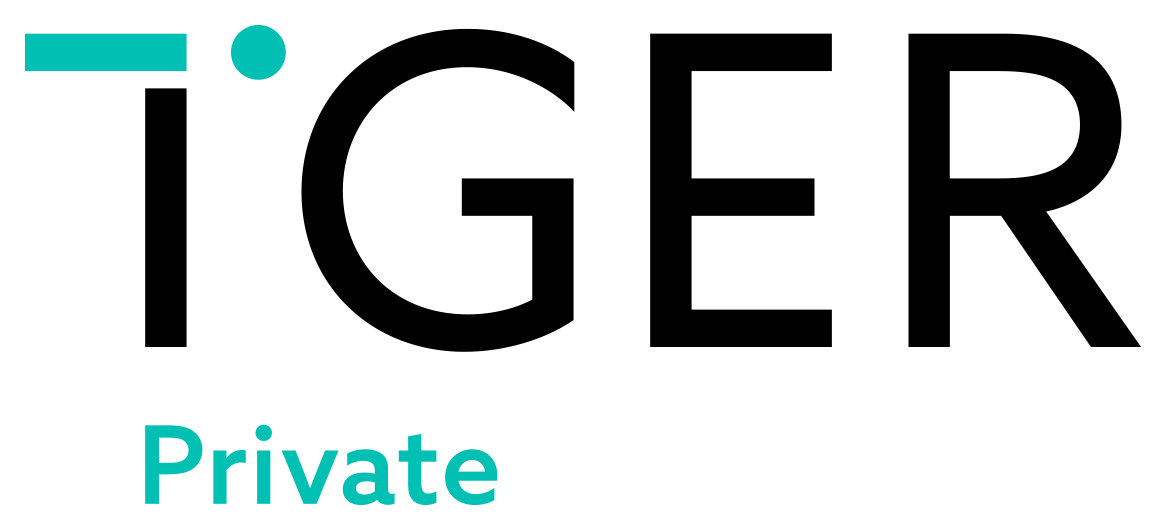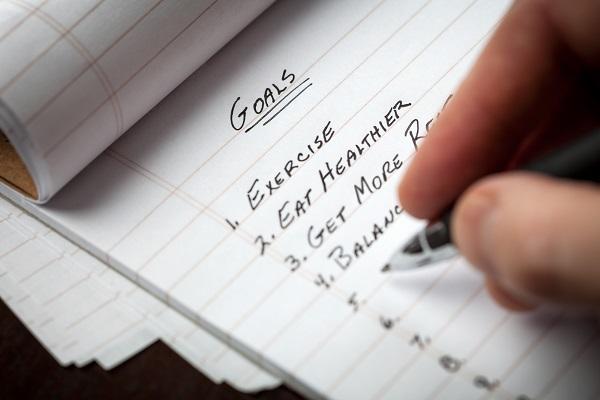Is anyone else feeling the January blues? January is one of the most popular times of the year for booking holidays, and it’s no wonder!
Getting back into the swing of work after the Christmas break can feel like an almost-impossible task. But – if we adjust our mindset a fraction, things could be so different! Improving our levels of productivity will have a direct impact on our motivation and sense of fulfilment, so there’s every reason to improve! Here are our tips on how:
1) Exercise
It might not be feasible for everyone but, if you can, try and exercise during work hours. Experts say it gives us an extra boost and will enhance our levels of productivity no end. If you can’t work out during work hours, take yourself for a lunchtime stroll and commit to a regular exercise routine before or after work instead. It helps towards maintaining your work-life balance too.
2) Be proactive, not reactive
Don’t let emails and phone calls dictate your workload. One of our top time management tips involves creating regular slots for email and message checking. Try only checking emails or answering phones for the first half an hour of each day, an hour at lunch and an hour before leaving, and see how much more you actually get done outside of those times.
3) Set a to-do list for tomorrow
By setting a to-do list for the following day before you leave the office, you’ll be able to jump straight onto your top priorities as soon as you arrive at your desk in the morning. A task list will keep you organised and focused, and you’ll also have the satisfaction of completing your to-do list as well!
4) Take regular breaks
Heading over the street for a coffee or taking a short walk around the block can do wonders to rejuvenate your mind and get the blood flowing. Returning to your desk with fresh eyes will significantly help to restore concentration and attentiveness.
5) Take advantage of your commute
Instead of scrolling through your feed on your way into work, take advantage of the ‘downtime’ by responding to emails or creating your to-do list. In doing so, you’ll already be caught up by the time you arrive at your desk.
You are what you eat, and if you consume large heavy meals at lunchtime, you can rightly expect to feel sluggish and lethargic for most of the afternoon. Try a light meal at lunch, and snack on slow-releasing energy foods such as nuts, or hummus and carrot sticks. Chocolate and sugary sweets might give you the sugar rush you crave, but they’ll also cause you to crash later too.
7) Minimise interruptions
According to a UC Irvine study, people spend an average of 11 minutes on a task before they’re interrupted. It then takes them 25 minutes to get back to the point before distraction. Shut the door, plug in your headphones, or work from home. If someone comes to have a chat, feel free to let them know you’re finishing something off but will come to see them later. Wherever you have the capacity to minimise interruptions from your colleagues, do it. It will keep you extra productive.
8) Turn off notifications
Half of our interruptions during the day are self-interruptions. Turn off email notifications to keep you focused.
9) Keep your workspace clear of clutter
Clean desk = clean mind. The time you’re spending searching through piles of papers could be time spent working productively. Do the same with your email inbox, filing and categorising emails to ensure you can find them easily later.
10) Set your goals
Setting yourself goals to work towards gives you purpose and drive. They could be personal, financially-oriented, non-financial or career-based. Considering how your work feeds in to achieving those goals will subsequently help to keep you focused and on track.




